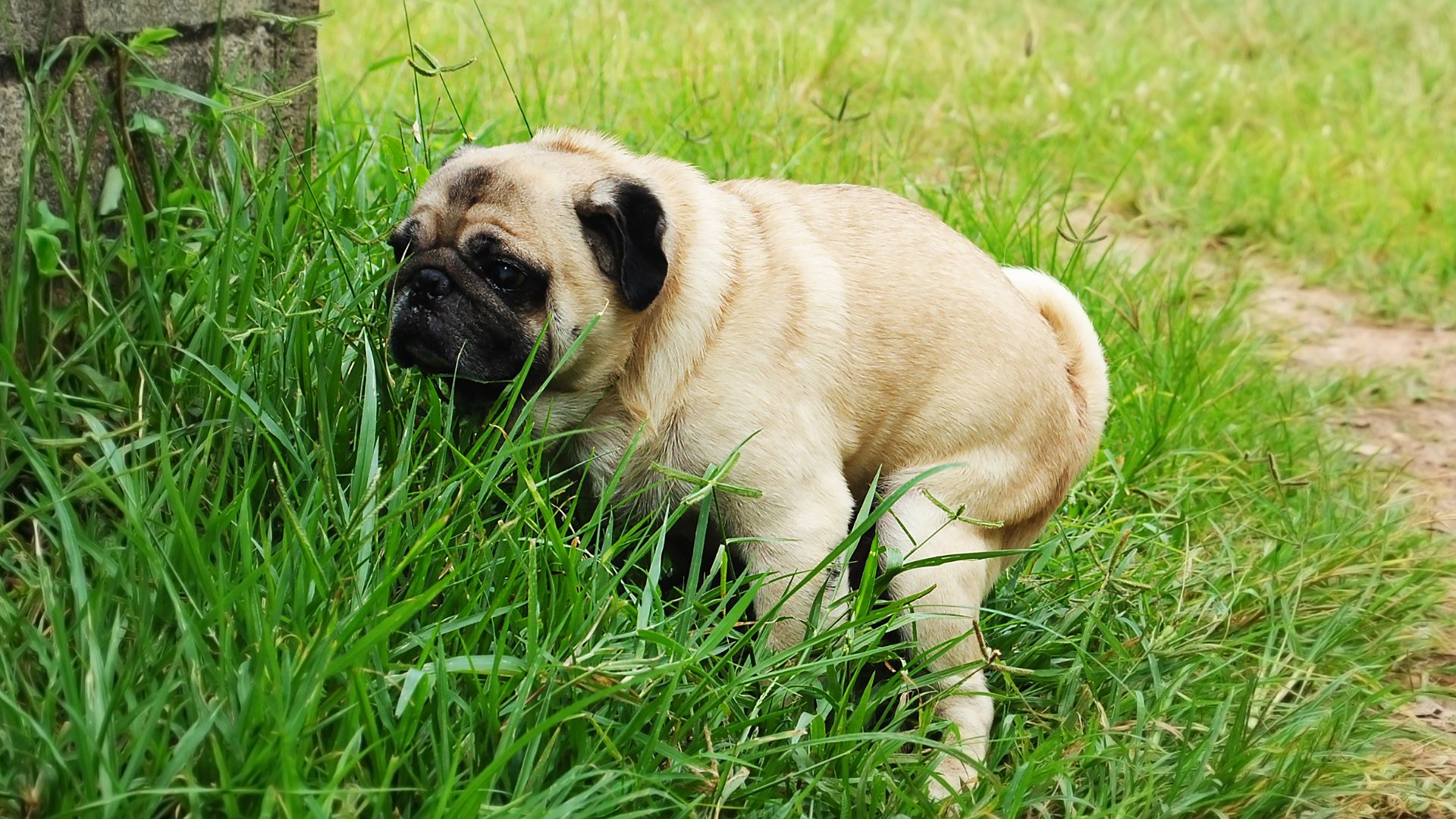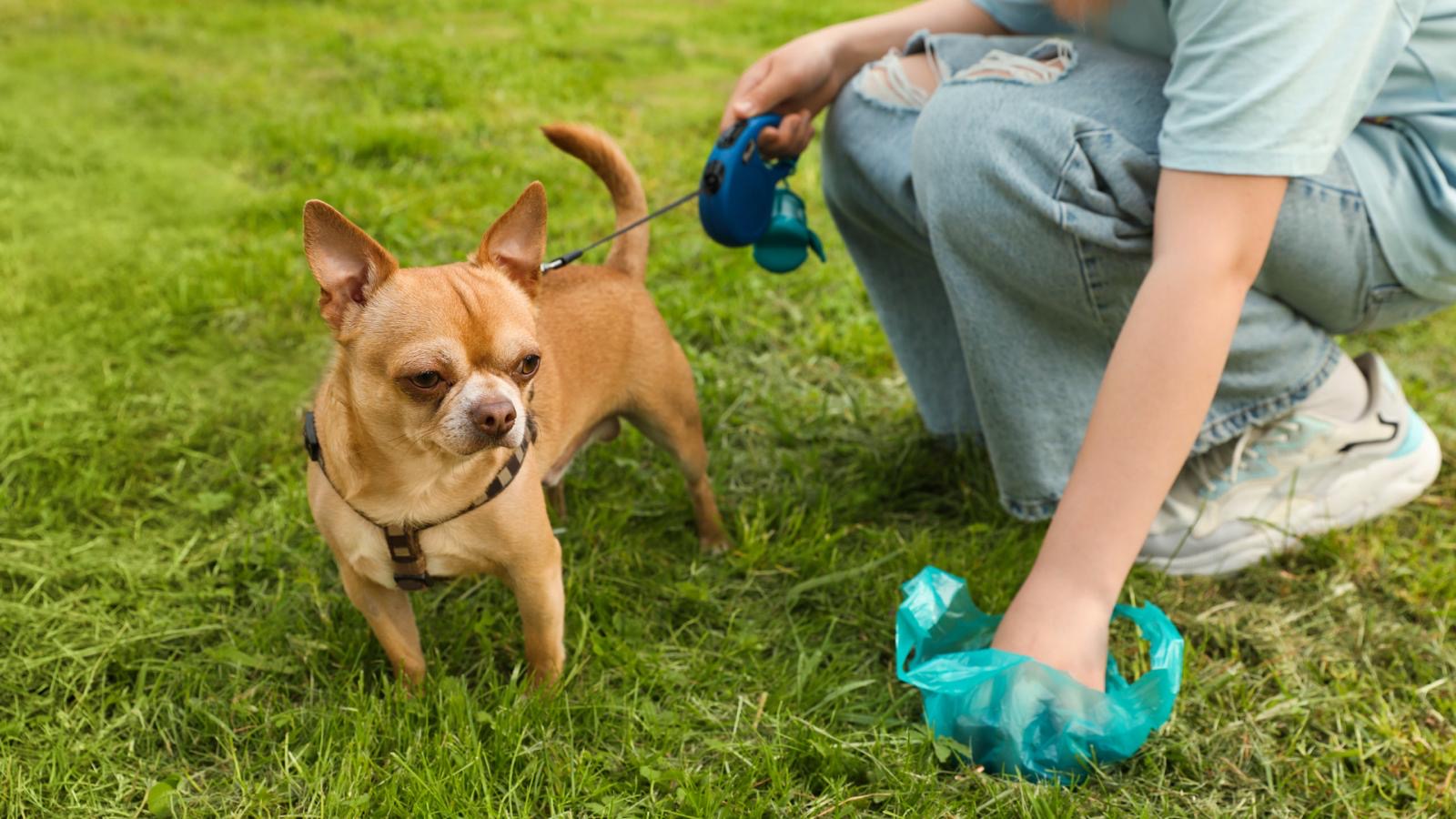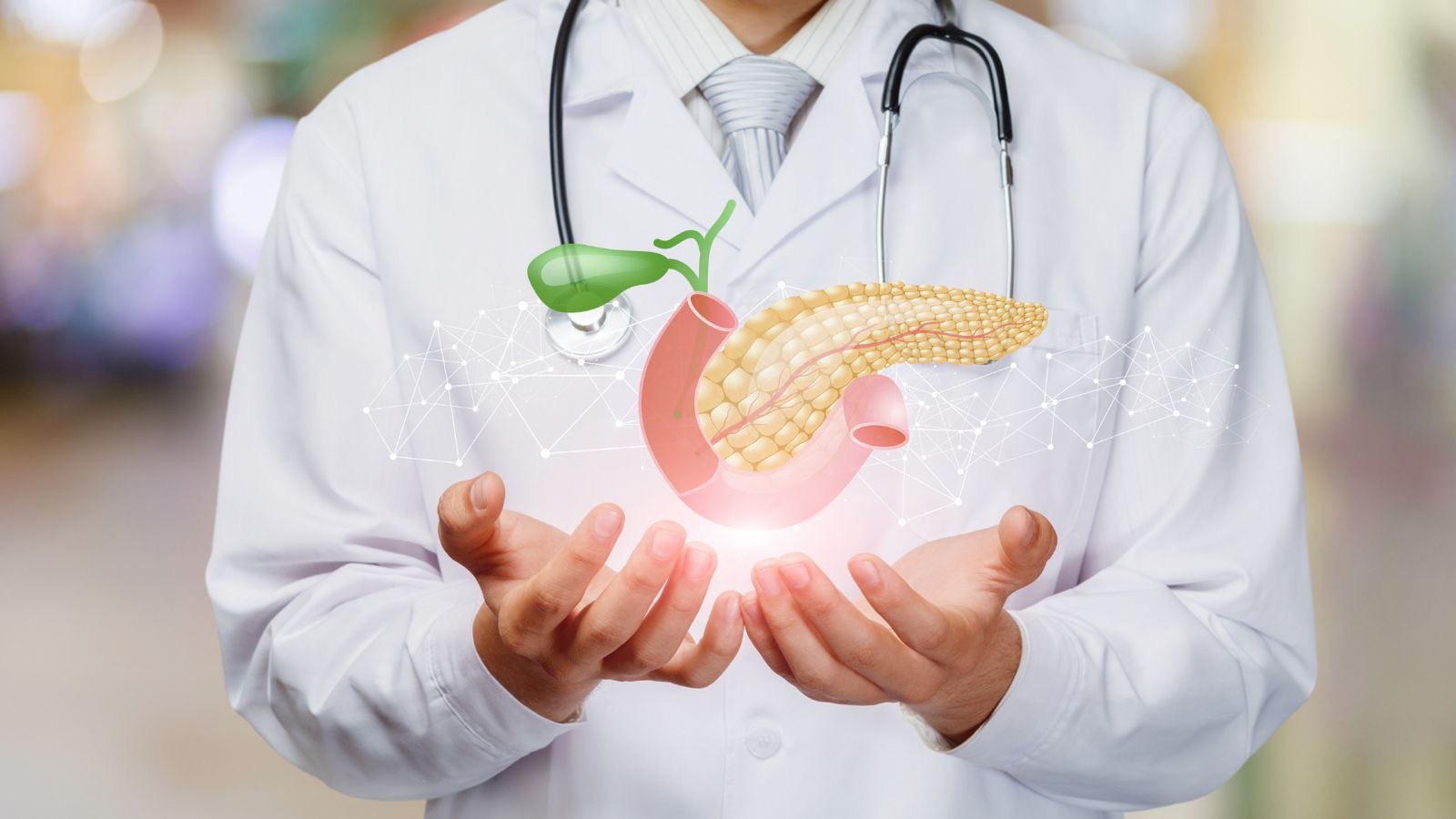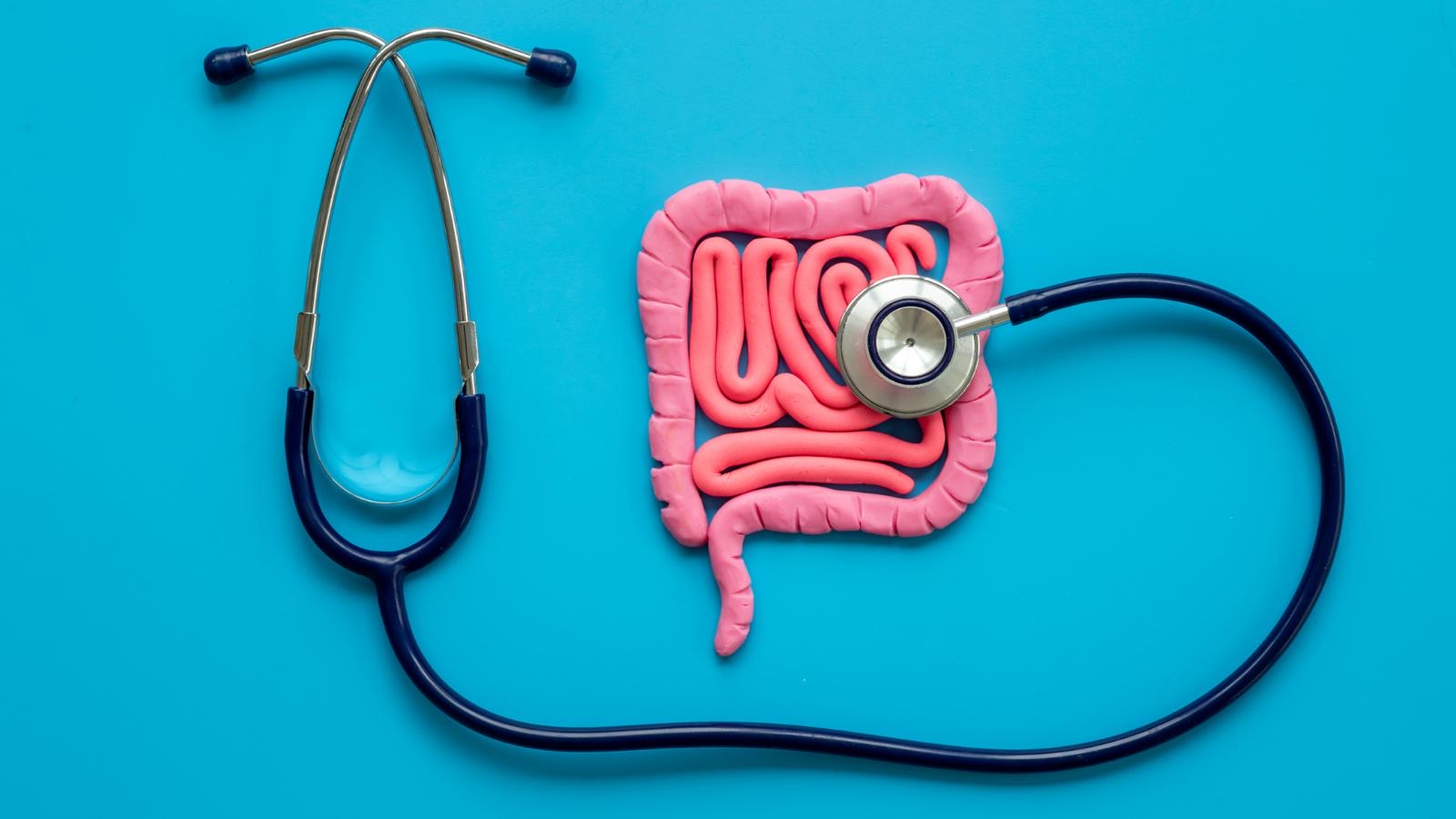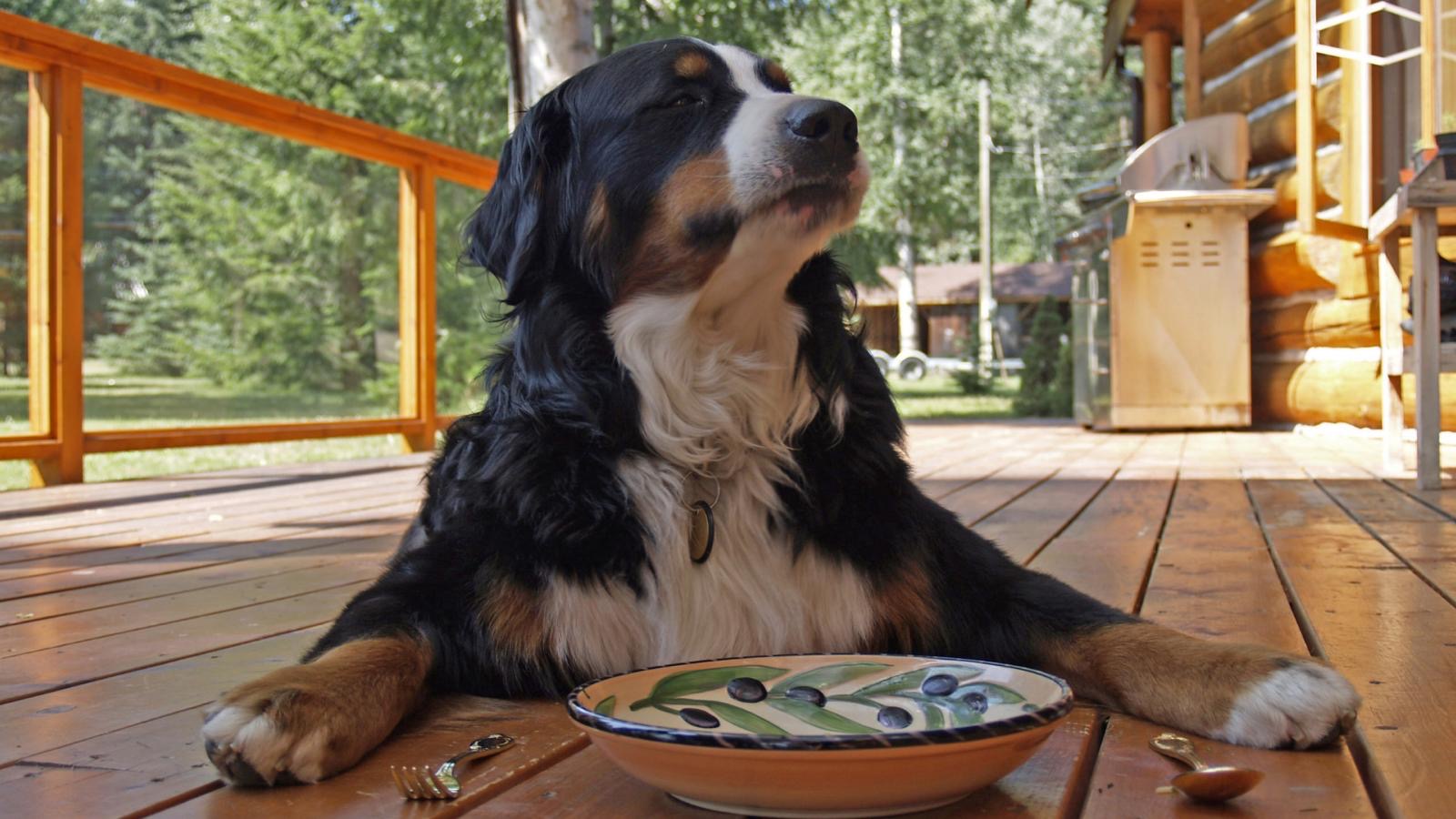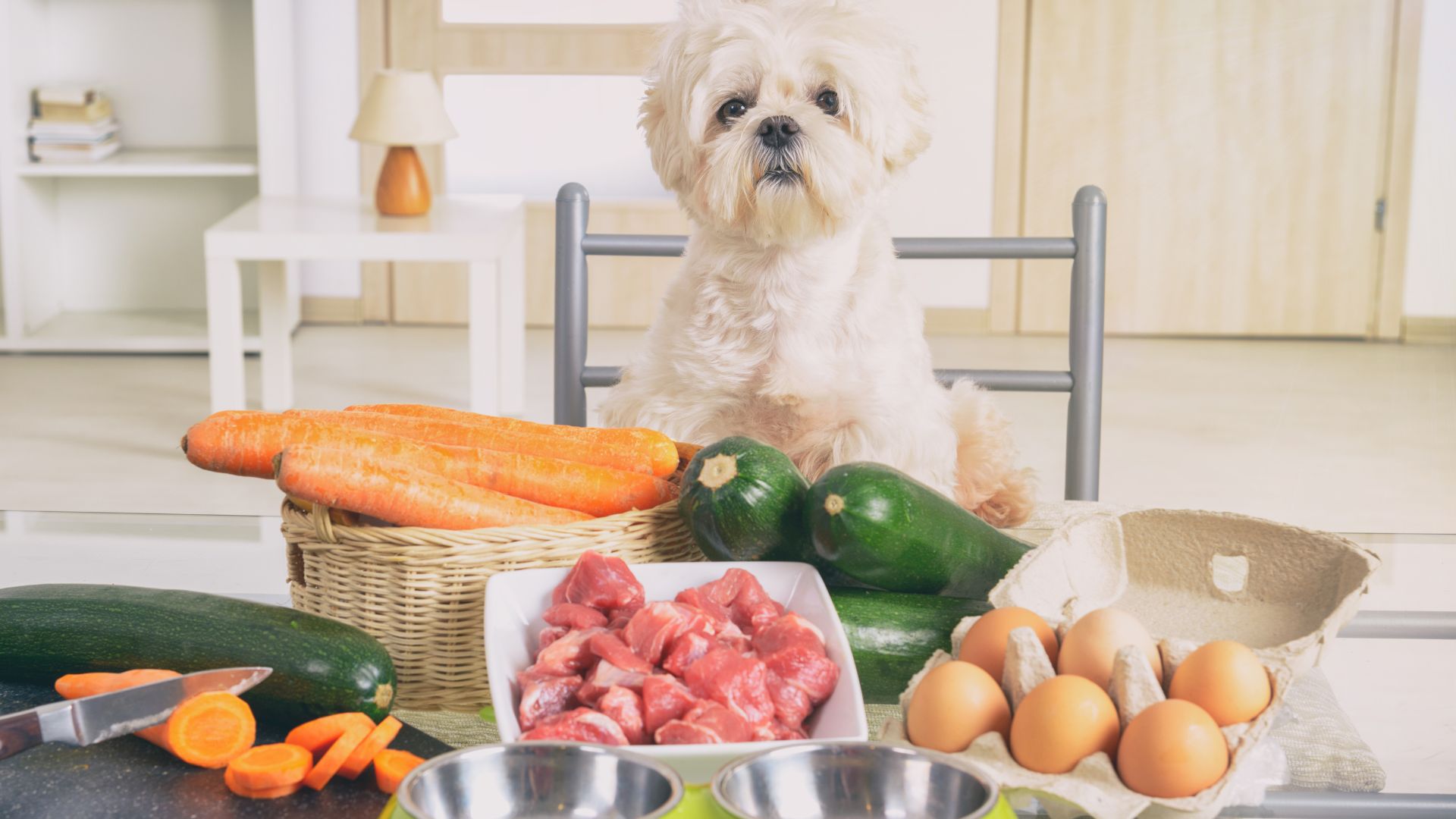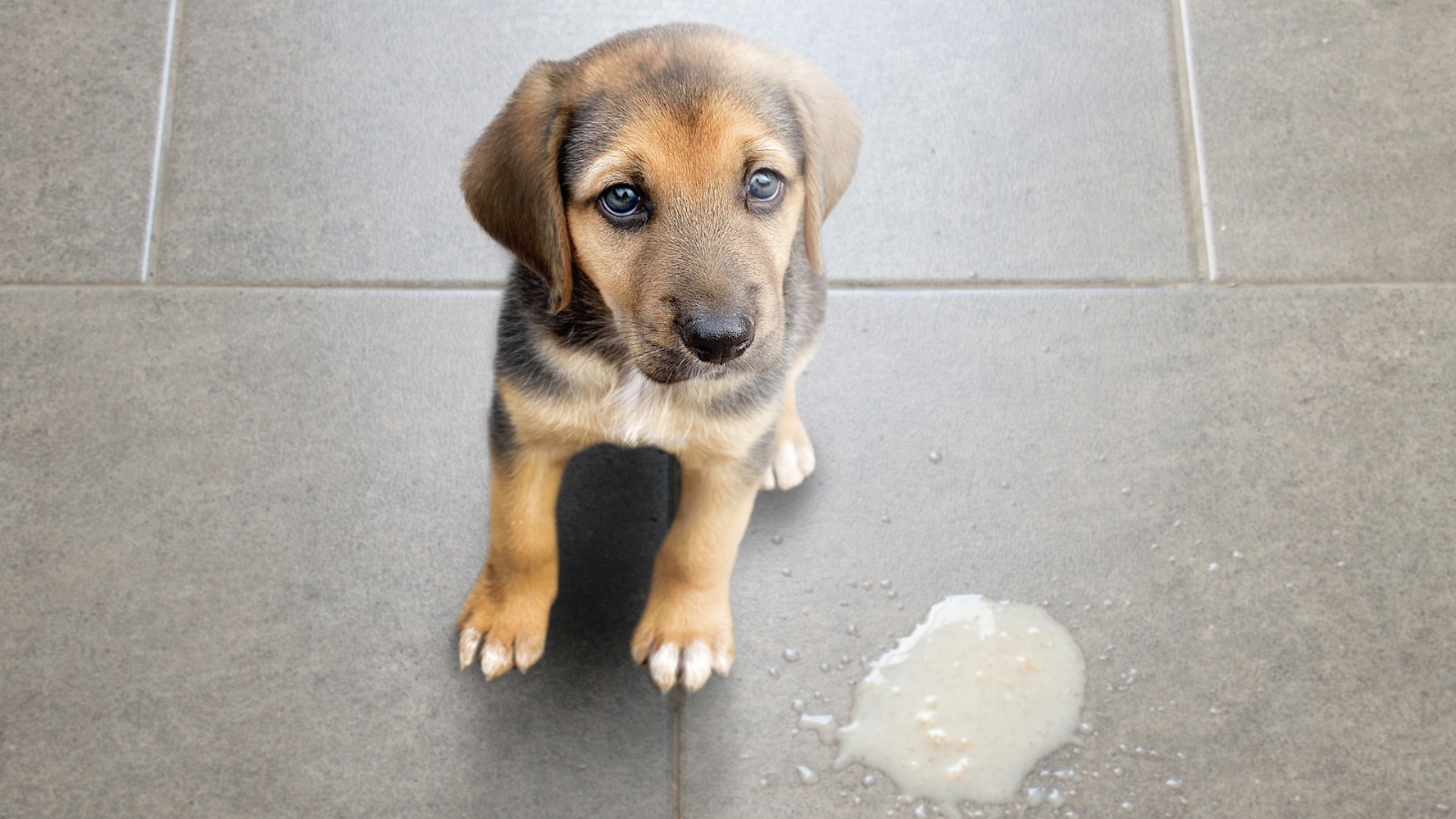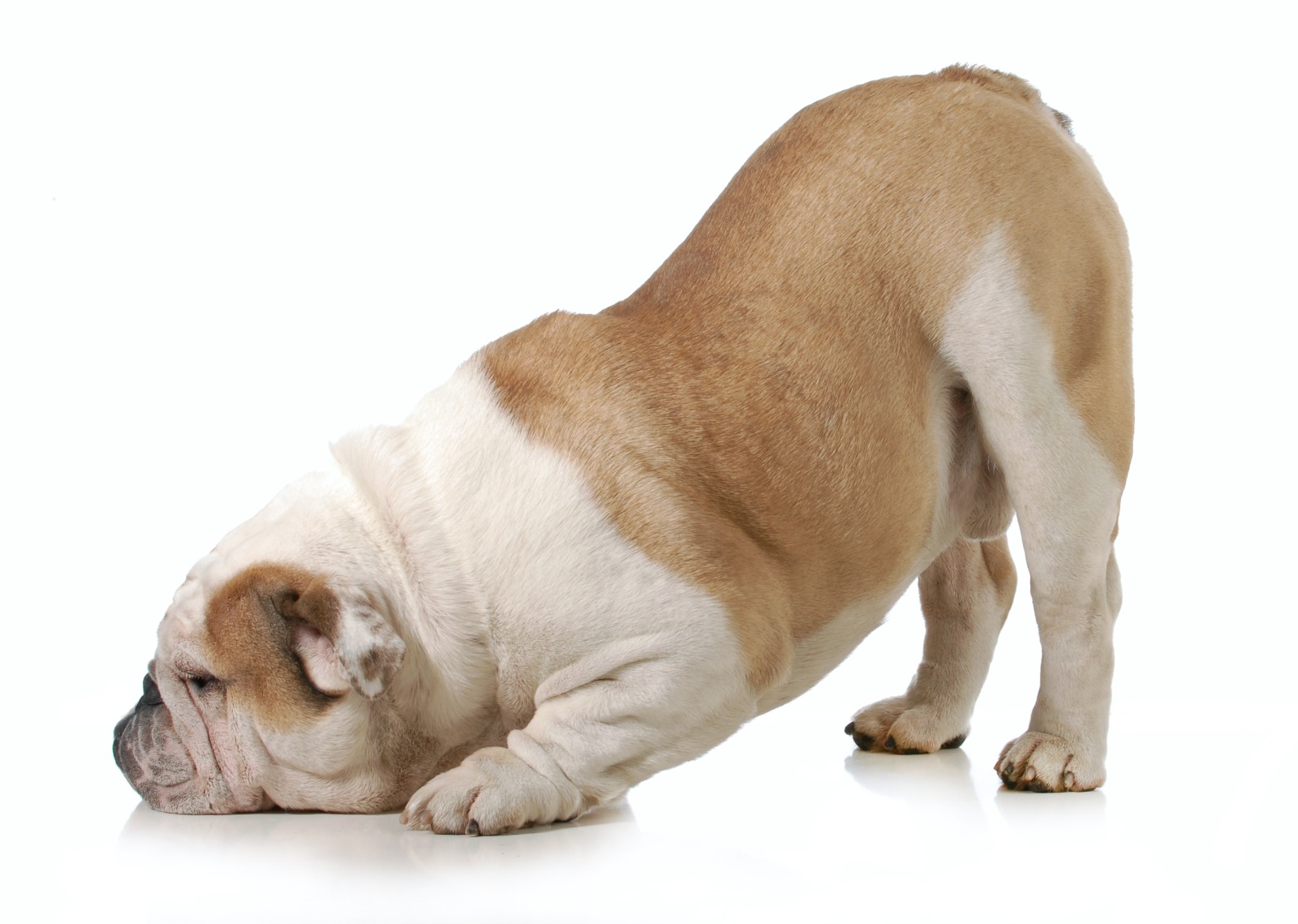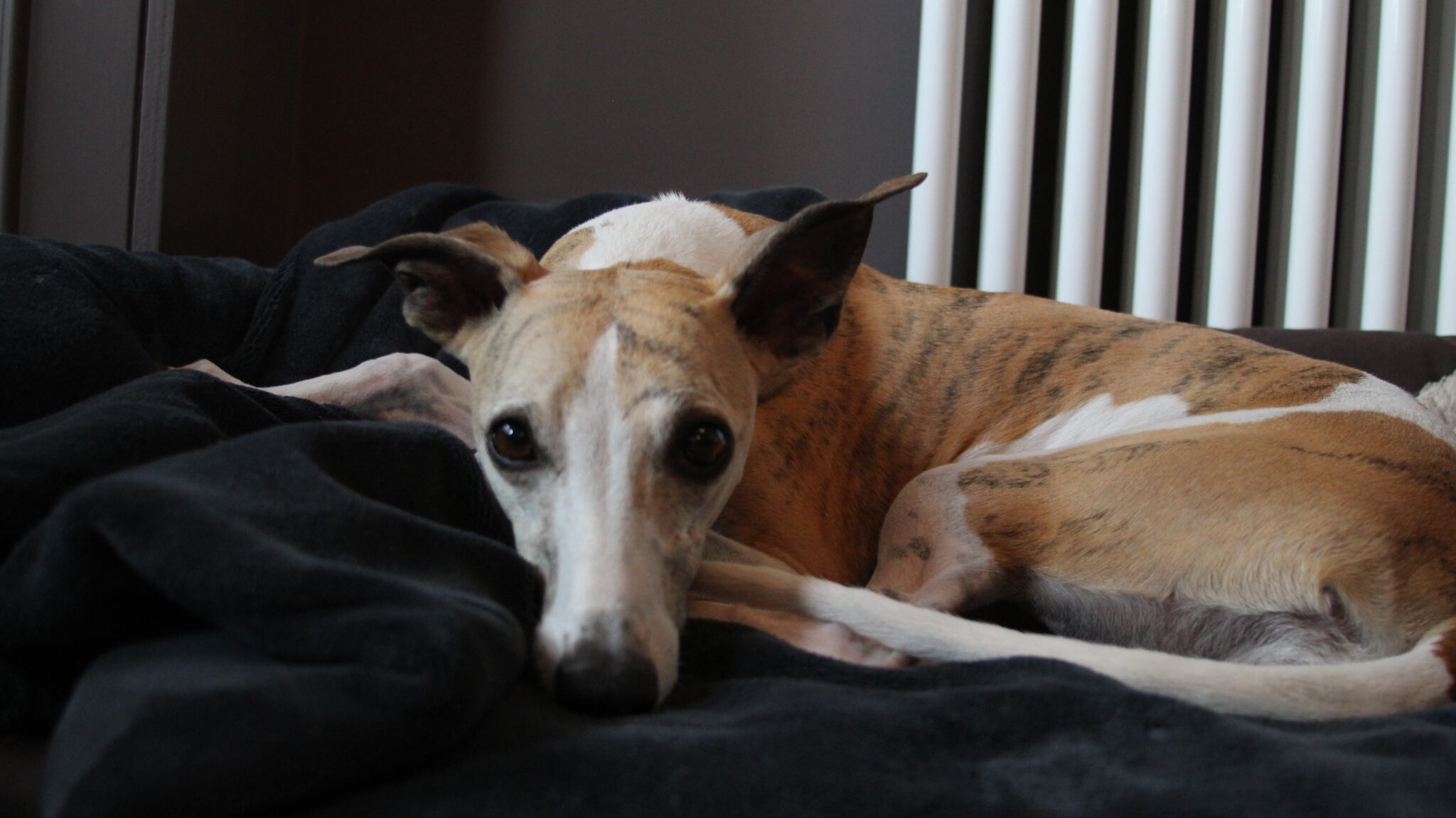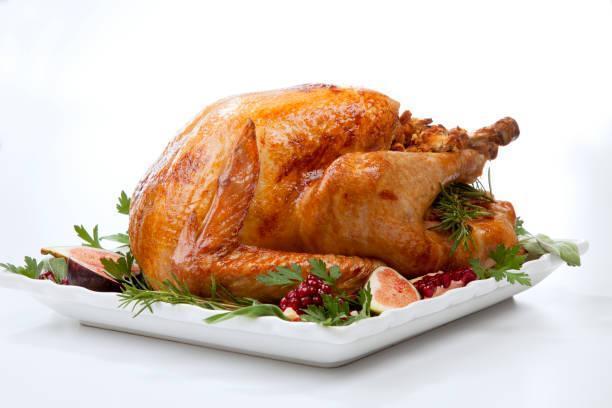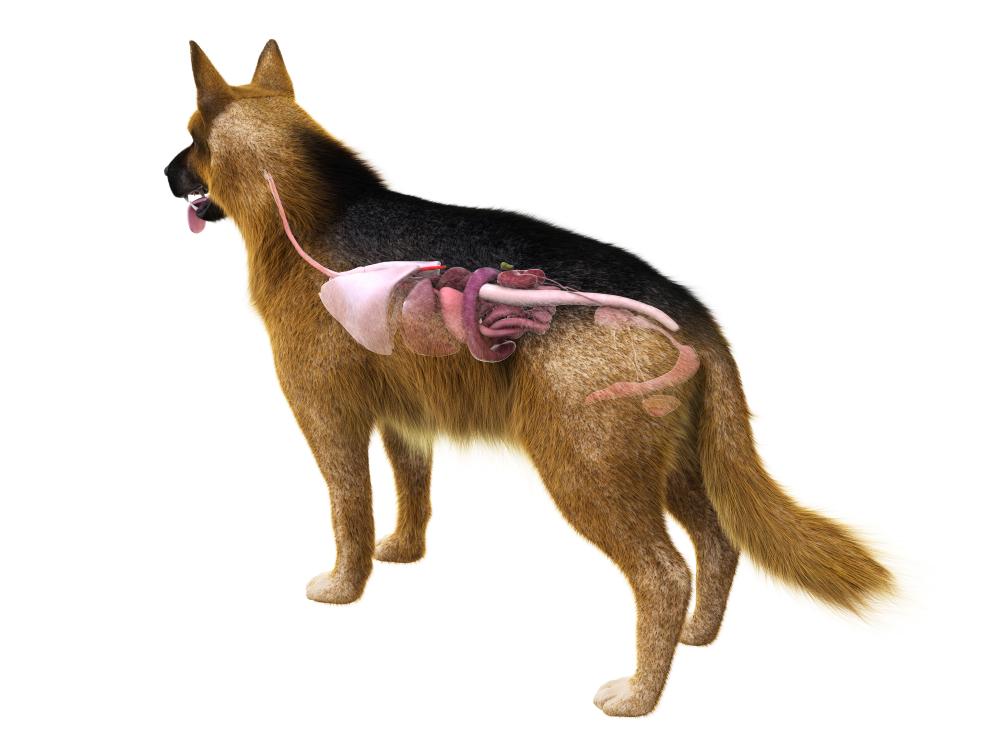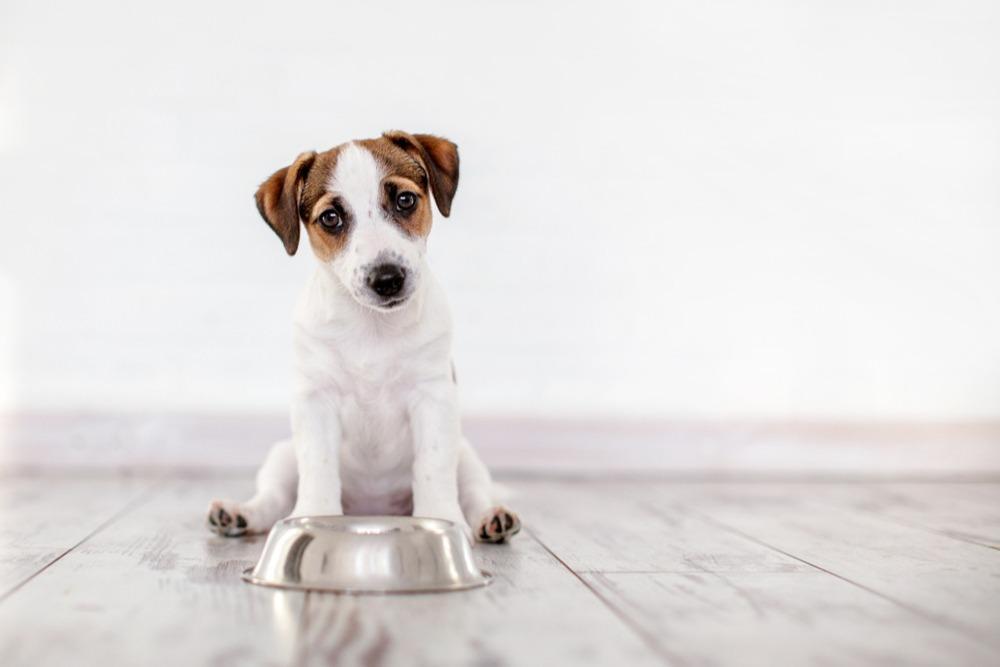Malabsorption is something we see fairly frequently in dogs here at My Pet Nutritionist. It can be quite scary for pet owners to witness, but there may be some things we can recommend to help these pets. This blog post will explain what malabsorption is, what causes it, and how you can support the body through diet and supplements.
What is Malabsorption?
Malabsorption is a condition that affects the patient’s ability to efficiently absorb nutrients from food sources. The dog may be consuming a perfectly balanced diet, but still unable to benefit from the nutrition it provides. This is down to underlying problems between the small intestine, and the pancreas; these underlying problems can be a multitude of ailments, so further investigation into potential underlying issues is paramount and working with your veterinarian to discover these, is important.
Regular visitors to our blog, may notice we often list breeds who are commonly predisposed to each condition we talk about, however when it comes to malabsorption, there is no specific breed predisposed. This is down to the fact that different breeds will be predisposed to different underlying conditions, and it very much depends on the condition diagnosed, which is causing the malabsorption.
Symptoms of Malabsorption
There are a variety of symptoms you may notice if your dog has malabsorption. Here are some of them:
- Pica (consumption of unusual/inedible items)
- Weight loss, often rapid
- Lethargy and fatigue
- Insatiable appetite/extreme hunger
- Loose stools and gurgling stomach
- Flactulance
- Nausea and vomiting
- Reduced coat condition
If these symptoms are present in your dog, please seek veterinary advice as soon as possible as investigations are the important first step in helping your dog with malabsorption.
Findings Here
Causes of Malabsorption
There are many underlying conditions which could lead to malabsorption. We will go through some of these, and give a brief description of each one. You may wish to take this article with you to your veterinary appointment as some of the conditions are not routinely tested for.
Inflammatory Bowel Disease (IBD)
Inflammatory Bowel Disease is something we talk about, and see a lot here at My Pet Nutritionist. It seems to be very common in lots of dogs who have poor gut health. Those with IBD have inflamed bowels due to the penetration of cytokines and inflammatory cells to the gut and stomach, causing an abnormal immune response. This then has an effect on the lymphatic system, which in severe cases causes Lymphoplasmacytic Gastritis.
When the digestive system is inflamed, nutrient absorption becomes very difficult, causing malabsorption.
You can read more about severe IBD
here.
Findings Here
Small Intestinal Bacterial Overgrowth (SIBO)
We see a lot of patients with SIBO. Those suffering with bacterial overgrowth in the small intestine will often suffer with malabsorption. This major imbalance in the microbiome means that some bad bacteria out-competes the good bacteria required as part of a health microbiome. The bad bacteria, of which there are too many in those with SIBO, often release toxins, and massively interfere with the absorption of nutrients.
Findings Here
Findings Here
Intestinal Blockage
Blockages of the intestine are a very common cause of malabsorption. These often go unnoticed, especially if owners don’t realise their dog has swallowed something undigestible, or if the dog is unable to tolerate bone as part of their raw diet. When the bowel is obstructed, food is unable to pass through the intestine, and therefore nutrients are not absorbed from the food, leading to severe weight loss, as part of malabsorption.
Blockages causing malabsorption require surgery for removal.
Findings Here
Exocrine Pancreatic Insufficiency (EPI)
This disease is a severe one, and is often not checked for routinely by veterinarians. It may be something to bring up with your vet during your appointment, as though its relatively rare, we are starting to see a few more cases here and there. Your vet may need to do some reading up on it before advising.
EPI is occurs due to the pancreas producing less digestive enzymes than needed. Because there is a deficiency in digestive enzymes, foods consumed are not appropriately digested, and therefore nutrients are not absorbed, causing rapid weight loss, large volumes of poor stools, pica, and a variety of other symptoms of malabsorption.
This condition is not curable, and dogs diagnosed with it will require regular veterinary check ups, and daily enzyme supplements.
Findings Here
Findings Here
Parasitic Burdens
Parasites are another fairly common cause of malabsorption because the parasites compromise the health of the gut, and also syphon nutrients for themselves. Severe infestations of intestinal parasites, or severe cases of giardiasis (where cysts form on the gut following infection from the protozoan parasite Giardia) can lead to malabsorption and severe malnutrition, causing many of the symptoms listed above.
It is important to send a faecal sample to a faecal testing laboratory on a regular basis, preferably every 12 weeks, to catch any worm eggs or juvenile worms before large infestations are able to occur. Regular natural worm prevention is also essential for those who tolerate it. You can learn more about natural pest control in our blog
here.
Findings Here
Food Sensitivities
Food sensitivities are probably the most common ailments in our customer’s dogs. We deal with a huge number of dogs with food sensitivities, many of which have weight loss as a symptom. Food intolerances are generally coupled with poor gut health, especially cases linked to Leaky Gut Syndrome, whereby the integrity of the gut wall is compromised. When the gut is in bad condition, the microbiome becomes unbalanced, making nutrient absorption tricky.
Findings Here
Intestinal Growths and Tumours
Much like those with an intestinal blockage due to consumption of inedible items, growths and tumours in the intestinal tract are a blockage risk. When these growths or tumours develop and grow, they can create a total blockage of the intestine, which stops nutrients from being absorbed efficiently.
While these can be removed by surgery in many cases, some require part of the bowel to removed (which you can read a little more on shortly in this blog post), and of course, the removed mass will require a biopsy, and possibly further treatment, or palliative care. Our team are here to help you should this be the diagnosis – our
Personalise package would be ideal.
Findings Here
Idiopathic Intestinal Villous Atrophy
This disease is apparent from a very young age, and stems from the small intestine. To understand what it is, and how it can lead to malabsorption, we need to look at the structure of the intestine wall.
The small intestine is used for nutrient absorption. In order to efficiently absorb plenty of nutrients, it is paramount to have a large surface area – the larger the surface area, the better the rate of nutrient absorption. If you look inside a toilet roll tube, you will see the surface area isn’t that big, so in order to increase the surface area of the small intestine, the intestinal wall is not smooth like your cardboard tube – it is covered in what we call ‘villi’. These are finger like structures, invisible to the naked eye, which massively increase surface area.
Those with Idiopathic Intestinal Villous Atrophy have poorly developed villi in the small intestine. Because they are not formed correctly, the surface area of the small intestine is massively reduced, which means nutrient absorption is hindered, causing malabsorption.
In cases of Intestinal Villous Atrophy, it is essential to feed a gluten free diet (though gluten containing products aren’t something we would generally recommend anyway!)
Findings Here
Findings Here
Post Intestinal Surgery
Some health issues can result in intestinal surgery, whereby part of the bowel is removed. When this procedure is carried out, one of the risks is the development of Shortened Bowel Syndrome. While the bowel is resilient, being drastically shortened can result in the rest of the bowel becoming unable to function properly. This lack of ability to function means nutrients are not easily absorbed, leading to the symptoms described earlier in this blog post.
Findings Here
Shortened Bowel Syndrome can also be congenital. A veterinary procedure known as ‘intestinal pacing’ may be offered to help increase the patient’s ability to absorb nutrients in some cases.
Findings Here
Findings Here
Supporting the Body Naturally
There are some changes you could make to your dog’s diet and supplement regime which may help ease the symptoms of malabsorption. Before deciding on which path to go down, it is imperative to speak with your veterinarian and/or our team because the underlying cause of your dog’s malabsorption will differ to the next dog, and therefore different natural support options will benefit different dogs. Let’s take a look at some ideas.
Diet
Feeding a fresh diet, whether that’s cooked or raw, is a great step toward helping a dog with malabsorption, however the recipe for each underlying condition may be different, so it’s best to speak to our team to learn what your individual dog needs, after diagnosis.
Feeding a highly processed, dry food diet like kibble may not be beneficial for those with malabsorption due to the high content of indigestible ingredients, and the lack of bioavailability of high quality nutrients. Most dry foods are sprayed with fats, oils, synthetic vitamins, and flavour enhancers toward the end of manufacturing, which you can read more about
here.
Supplements
Gut health is of utmost importance when looking at supplementation for the diet of those suffering with malabsorption.
A high quality mucilage herb such as slippery elm, marshmallow root, or deglycyrrhizinated liquorice can help heal the gut. Those with IBD, SIBO, or any other condition involving an imbalance in the microbiome may massively benefit from these herbs. If your dog is prescribed any medications, it is important to leave at least a 4 hour gap between these medications and the mucilage herb.
To accompany the gut healing mucilage herb, a high quality probiotic is recommended. We tend to recommend a Soil Based Organism probiotic (SBO). These are clean, and not based on dairy which suits the majority of dogs. SBO probiotics are particularly useful for those with SIBO.
Our
Gut Guardian supplement is a fantastic mixture of all the above, with the addition of calming chamomile, and is available to purchase on our online shop.
Depending on the condition your dog is diagnosed with, digestive enzymes may also be recommended, however we would recommend booking in with one of our team prior to using these to ensure the correct enzymes are chosen for your dog and their specific health condition.
If your dog is struggling with malabsorption, this blog described some small changes that could make a huge difference to your dog’s digestive health, but if you feel more support is required for your dog’s malabsorption, or any other digestive problems, please don’t hesitate to book in with one of our team. The Personalise package would be perfect for you!
Team MPN x 
